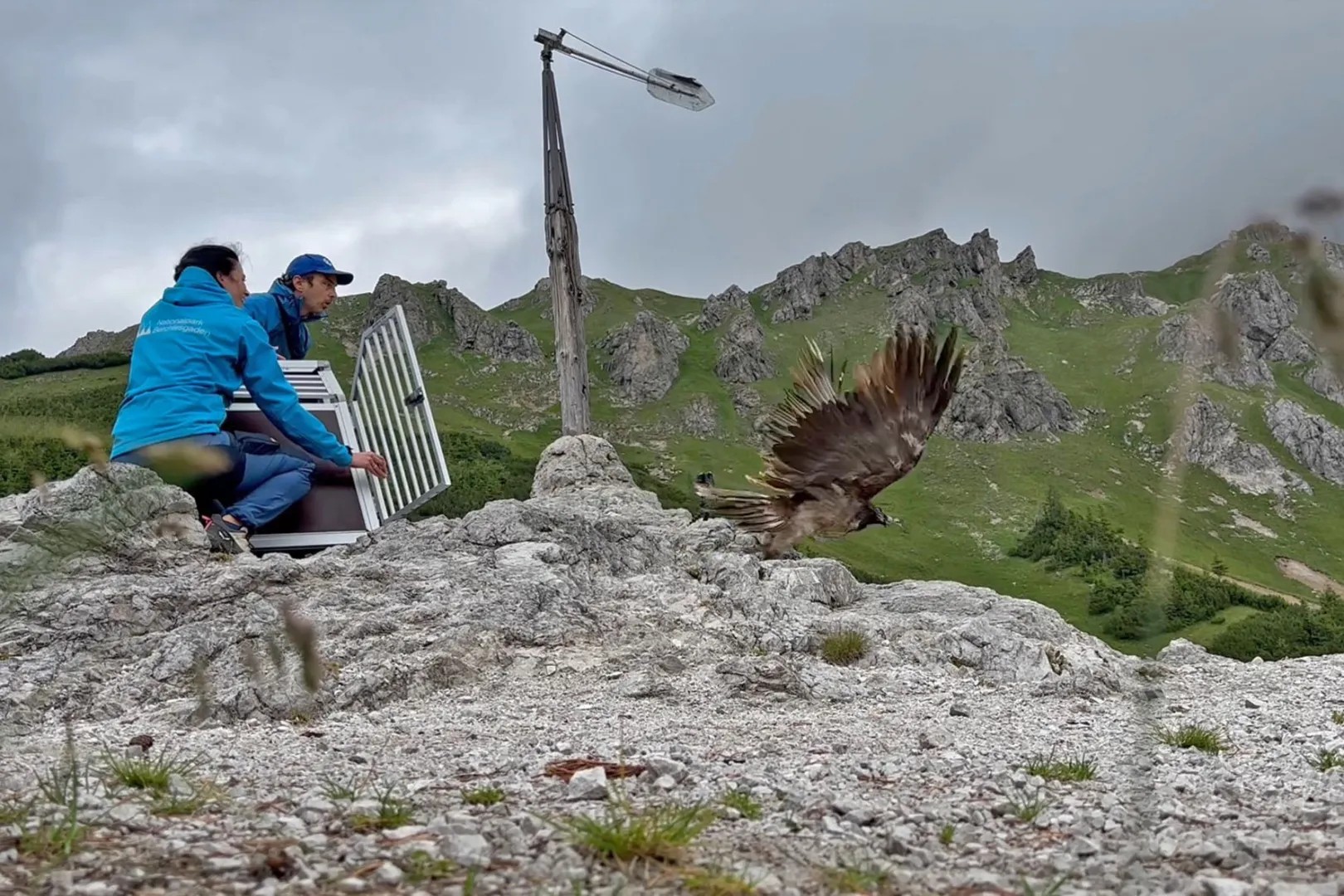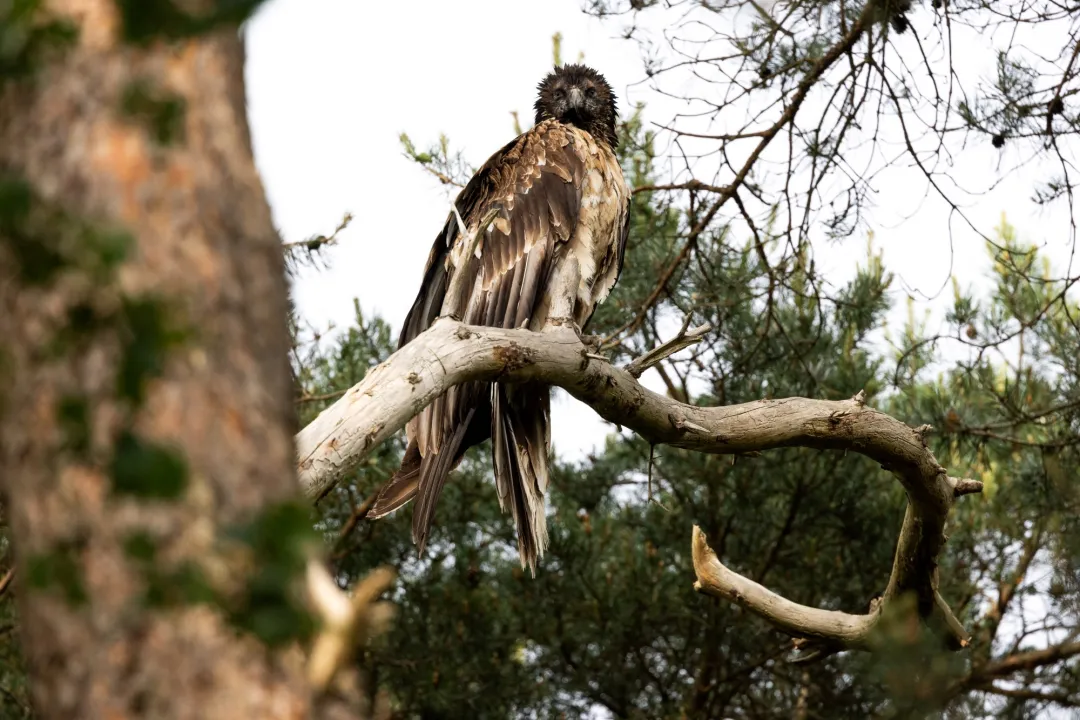
In addition to sports shooting and fishing activities, hunting alone disperses 8,000 tonnes of lead in the wild each year in France. The fragmentation of ammunition and the dissolution of fragments contribute to contaminating all compartments of ecosystems and pose a real public health problem, particularly for people who consume game meat. Vultures are at the top of the food chain and are particularly vulnerable to a process of bioaccumulation. The LIFE GYPCONNECT project that is connecting the Bearded Vulture populations from the Alps to the Pyrenees has experimented with alternative ammunitions. During its second seminar, the project proposed the feedback of the results obtained.
LIFE GYPCONNECT Seminar
On 12 and 13 November 2019 in Rennes-le-Château (Aude), the LIFE GYPCONNECT team organised its second seminar devoted to the importance of specific rendering sites in favour of Bearded Vultures and to the health aspects, particularly related to exposure and poisoning problems caused by heavy metals:
The specific rendering in favour of the species
The project presented in detail the different aspects related to the establishment, functioning and importance of the specific plots for the Bearded Vulture. During the seminar, a technical field visit was carried out on a working site.
Exposure to heavy metals and other intoxications
Due to their particular digestive system, Bearded Vultures are particularly exposed to the risks of heavy metal poisoning. These risks of poisoning, which are increasingly well documented, are an important limiting parameter in the conservation of the Bearded Vulture.
The seminar, therefore, shared current knowledge by inviting research teams, experts and recognised organisations to present their work in this field.
Among these lead-related problems, hunting ammunition plays a particularly important role. This seminar foresees various interventions on the use of alternative lead-free ammunition. The team reported on the experiment conducted during the LIFE GYPCONNECT project in the department of Lozère under the control of the Cévennes National Park. The aim is to assess this experiment and compare the initial results with the experiences of community managers, hunters and ballistics experts.
This important aspect will focus on the work undertaken by the National Centre for Veterinary Toxicological Information during its surveillance. On this occasion, CNITV will propose interventions on the results of its work and experiences.
The risk of acute lead intoxication
One of the main themes addressed was hunting ammunition. Heavy metals spread in nature and organisms, exposing necrophagous raptors to the risk of acute poisoning when they consume animals killed by hunting. The seminar proposed to discover lead-free ammunition, an experimental alternative tested since 2016. This initiative was presented to hunters and was followed by a test session at the shooting range.
The risk of contamination associated with veterinary drugs
The second main focus of this seminar was on health practices applied to domestic livestock. Veterinarians and animal husbandry specialists agreed on the risks of environmental contamination associated with veterinary drugs. In the field, they discussed the health practices applied to the most environmentally friendly livestock farms.
LIFE GYPCONNECT

Led by the League pour la Protection des Oiseaux (LPO), the LIFE GYPCONNECT project aims to establish a breeding population of Bearded Vultures in the Massif Central and Department of the Drôme. Releasing captive-bred Bearded Vultures into the wild at sites such as the Parc Naturel Régional des Grands Causses, Parc Naturel Régional des Baronnies Provençales and Parc Naturel Régional du Vercors will create a core population that will connect the two populations of the species in the Alps and Pyrenees. To facilitate movements between the new population and the Alpine and Pyrenean populations the LIFE GYPCONNECT team is creating a network of supplementary feeding stations, and tackling threats such as poisoning, and collision and electrocution with the electricity infrastructure.




